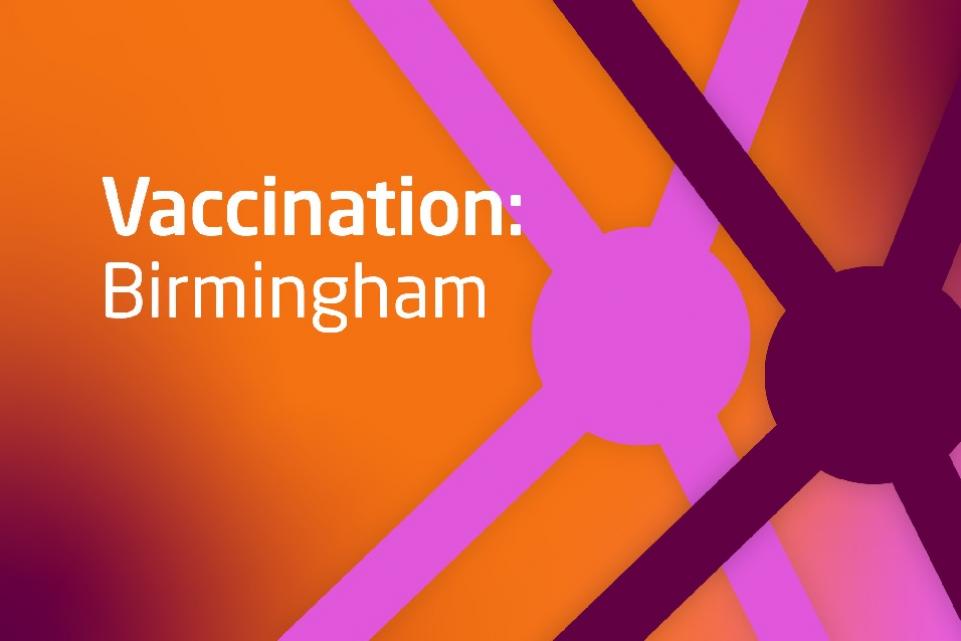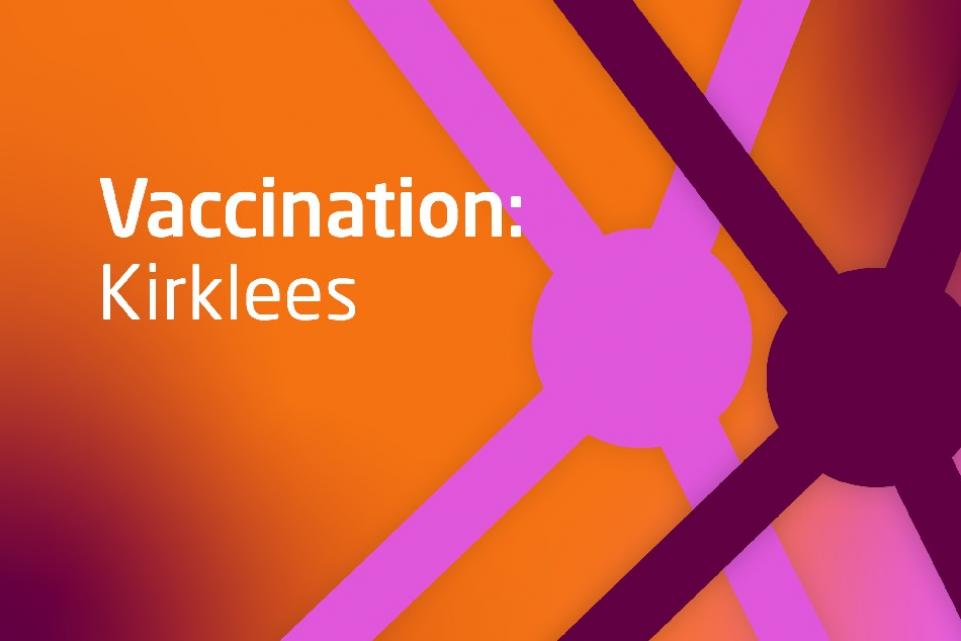The councils are working closely with a network of community champions, faith groups and voluntary and community organisations to spread key messages.
This is part of a series of case-studies published on 3 February 2021.
- Councils are working closely with a network of community champions, faith groups and voluntary and community organisations to spread key messages
- Social media videos have been circulated and advice provided on how to promote vaccination
- Volunteers coming forward to act as marshals at vaccination clinics and to provide driving service
Local context
The county of Cambridgeshire is home to more than 850,000 people from a wide range of ethnic groups.
The county council, five district councils and unitary authority of Peterborough work together to combat the virus, alongside their partners across the broader public sector.
They are playing a key role in supporting the NHS on vaccination. Currently, there are more than 20 local vaccination centres in the county, two hospital hubs and two recently launched large vaccination centres in the centre of Peterborough and Cambridge City.
‘We have a four-wheel drive approach’
The two councils have made working closely with their diverse communities a priority since the start of the pandemic – there are 30 community champions, an interfaith network and the voluntary and community sector which have all played a role.
Peterborough Head of Community Resilience and Integration, Jawaid Khan, likens the approach to a four-wheel drive jeep. “Each wheel represents a different part of our system - the statutory sector, community champions, the faith sector and, finally, the voluntary sector. It gives us the best possible traction.
“They are trusted and know their communities better than anyone so by working together it has ensured we have been able to maximise our reach and make sure all the key messages get out whether it is the importance of testing or reiterating the stay-at-home advice during lockdown. Now our focus is on vaccinations and ensuring we get as high an uptake as we can.”
The community champions are drawn from a variety of backgrounds from faith groups and community organisations to schools and represent the full range of ethnic groups, acting as trusted partners with the councils. They have formal meetings with the councils every six weeks.
Mr Khan added: “It really is two-way feedback. We talk about what has been happening and they provide feedback about the messages they hear at the community level. It really helps us understand how messages are landing and where the concerns are. For example, there is some nationally available materials that are translated into different languages – but the dialect or idioms are not always right for our communities. They can help with that.”
Videos, scripts and a network of volunteers
An example of how the champions are making a difference can be seen in the work they have done with the councils with social media videos.
Cambridgeshire and Peterborough Head of Communications Christine Birchall said: “We have written short scripts that have been filmed by our community champions in lots of different languages – French,Spanish, Urdu, Hindi, Punjabi, Chinese, Arabic, Tetum, Portuguese, Polish, Lithuanian, Latvian, Slovakian, Romanian, Swahili – setting out what the COVID-19 safety messages are and giving advice about what the vaccination programme is about and dispelling some of the myths.
“Some of the key messages are also recorded by faith leaders from the Cathedral, Joint Mosques Council, the Hindu Temple as well as the Sikh and Jewish community.
“The champions have shared them on Facebook and WhatsApp groups – some of them operate in their own languages so it is a really good way to engage different communities. We have to be on our guard to tackle disinformation and ensure people have the right information.”
The councils have also produced films of people talking about their vaccination experiences.
One features Mac McGuire, the 82-year-old chairman of the county council. In it he talks about how easy it was – and how it might save his life.
“I was in and out very quickly. It was just a quick injection in the arm. I felt fine. It should protect me from serious illness and hopefully save my life.”
He then goes on to stress how important it is to keep following the rules as there is no guarantee it stops transmission.
Ms Birchall said: “It is important people hear and see messages like this again and again, showing just how easy it is and what impact it will have. We have now produced a script which we are circulating across all the community organisations we work with.”
The script is short and provides some of the key messages to get across, including lines such as:
- The future is feeling brighter and I really believe we can now start to feel hopeful. This is because we now have a COVID-19 vaccine
- I know it is safe and as with all vaccines it has been well tested on a wide range of communities
- This vaccine is so important – it means we can protect ourselves, our loved ones, and our community and in time, return to a more normal life
- Many thousands of people locally have already received their first jab and it is really important that when you are offered a vaccine you say ‘yes’ and get one
- We know how awful COVID-19 is and vaccines help us beat diseases and save lives
- While you are waiting for the vaccine – and even when you’ve had the first one – please stand firm and continue to follow all the precautions
Ms Birchall said: “We are targeting them at our communities where we think uptake may be lower. Our community reps are drawn from a range of places - all our local faith groups, community organisations like the Polish language school, a Lithuanian community organisation and well-known people like community police officers, popular head teachers, local sports people and the people who run music and entertainment venues locally.”
Meanwhile, the community and voluntary sector has helped set up a network of volunteers to help out. They are fulfilling a number of roles – including acting as drivers to get people to vaccination clinics in partnership with the network of council-led community hubs set up at the start of the pandemic and supplying marshals for the clinics.
Ms Birchall added: “The voluntary sector has been really invaluable throughout. We work with more than 150 different organisations. They have helped deliver food and medicines throughout to people who were shielding. We now have 100s of volunteers working at clinics – the response has been fantastic.”



